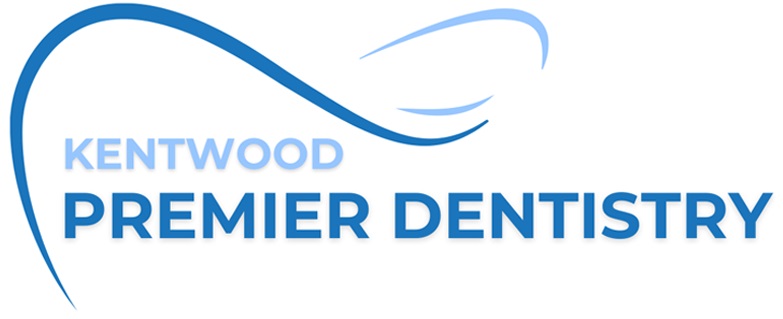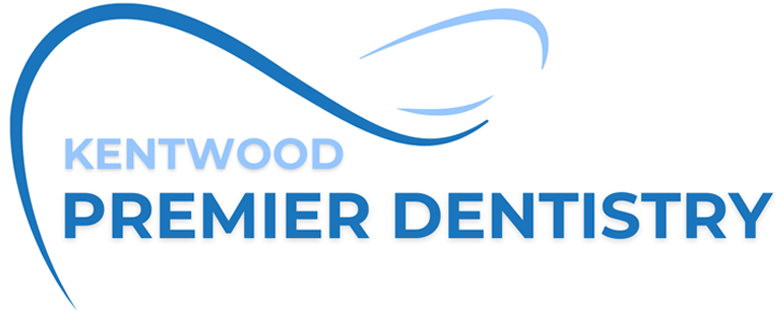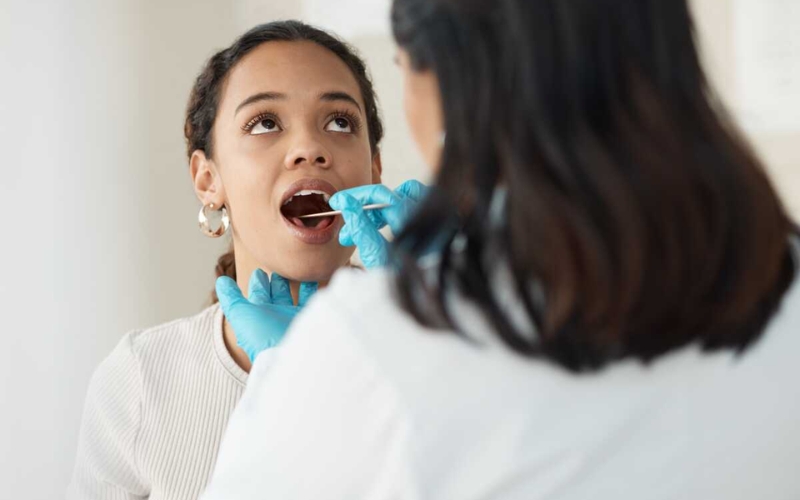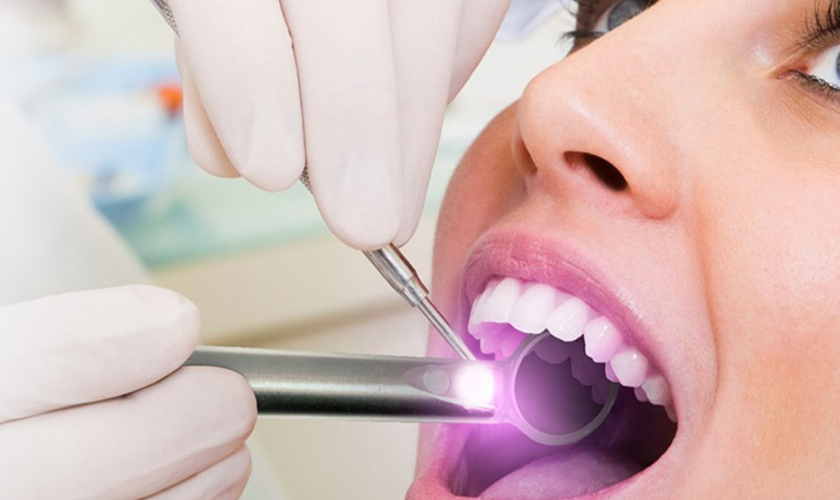Kentwood, MI

The Importance of Oral Cancer Screenings: Safeguarding Your Health
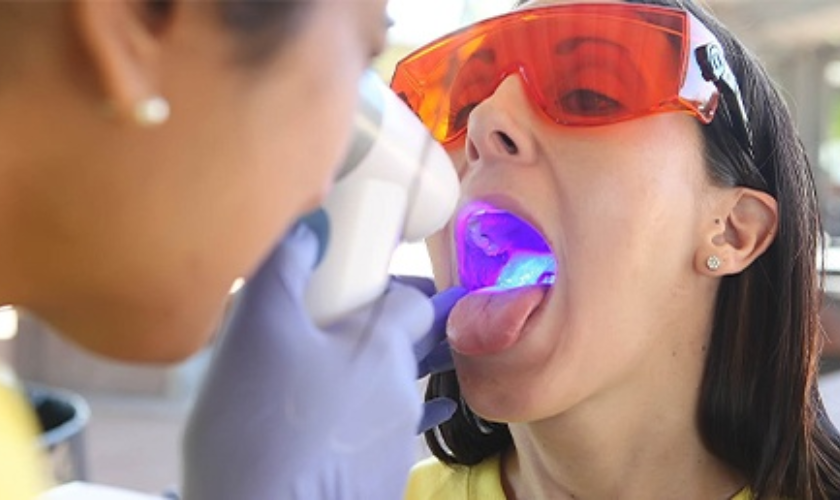
Oral cancer is a serious health concern that can affect anyone, regardless of age or lifestyle. While it may not receive as much attention as other types of cancer, early detection through regular screenings can significantly improve treatment outcomes and save lives. This article explores the importance of oral cancer screenings, why they are necessary, and how they can benefit your overall health.
Why Oral Cancer Screenings Are Necessary
Oral cancer can develop in any part of the mouth, including the lips, gums, tongue, inner lining of the cheeks, roof of the mouth, and floor of the mouth. Like other forms of cancer, it can spread rapidly if not detected and treated early. Oral cancer screenings are essential because they can help identify potential issues before they become more serious, allowing for early intervention and improved outcomes.
The Benefits of Regular Screenings
Regular oral cancer screenings offer several key benefits:
- Early Detection: Detecting oral cancer in its early stages significantly increases the chances of successful treatment.
- Prevention: By identifying precancerous lesions or early-stage cancer, screenings can help prevent the development of more advanced cancer.
- Improved Outcomes: Early detection and treatment can lead to better treatment outcomes, including a higher chance of survival and less invasive treatment options.
- Peace of Mind: Regular screenings can provide peace of mind, knowing that you are taking proactive steps to safeguard your health.
Who Should Get Screened
While anyone can develop oral cancer, certain factors may increase the risk, including:
- Tobacco use (smoking or chewing)
- Heavy alcohol use
- Human papillomavirus (HPV) infection
- Prolonged sun exposure (for lip cancer)
Individuals with these risk factors, as well as those with a family history of oral cancer, should consider regular screenings. Additionally, it is advisable for everyone to undergo periodic screenings as part of their routine healthcare.
How Oral Cancer Screenings Are Conducted
Oral cancer screenings are quick, painless, and non-invasive. During a screening, a dentist Kentwood or healthcare provider will visually inspect the mouth for any abnormalities, such as sores, red or white patches, or lumps. They may also use a special light or dye to help identify areas of concern more easily.
Taking Action for Your Health
To protect yourself against oral cancer, consider the following steps:
- Schedule Regular Screenings: Talk to your dentist or healthcare provider about the frequency of screenings that is right for you based on your risk factors and overall health.
- Practice Good Oral Hygiene: Brush and floss regularly, and visit your dentist for routine check-ups and cleanings.
- Avoid Risky Behaviors: Limit your alcohol consumption, avoid tobacco products, and practice safe sun exposure.
- Know the Signs: Be aware of the signs and symptoms of oral cancer, such as persistent mouth sores, hoarseness, difficulty swallowing, or changes in your voice.
- Seek Prompt Treatment: If you notice any unusual symptoms, seek prompt evaluation and treatment from a healthcare professional.
FAQs
Q: Are oral cancer screenings painful?
A: No, oral cancer screenings are typically painless and non-invasive.
Q: How often should I get screened for oral cancer?
A: The frequency of screenings depends on your individual risk factors. Consult with your dentist or healthcare provider to determine the right schedule for you.
Q: Can I reduce my risk of oral cancer?
A: Yes, you can reduce your risk by avoiding tobacco products, limiting alcohol consumption, practicing good oral hygiene, and seeking regular screenings.
Q: What should I do if I notice a suspicious oral lesion?
A: If you notice any unusual changes in your mouth, such as sores that do not heal, lumps, or patches, contact your dentist or healthcare provider for evaluation.
Don’t wait until it’s too late. Schedule your oral cancer screening today and take an important step towards safeguarding your health. Early detection saves lives.
